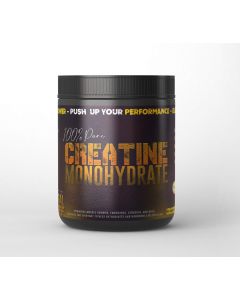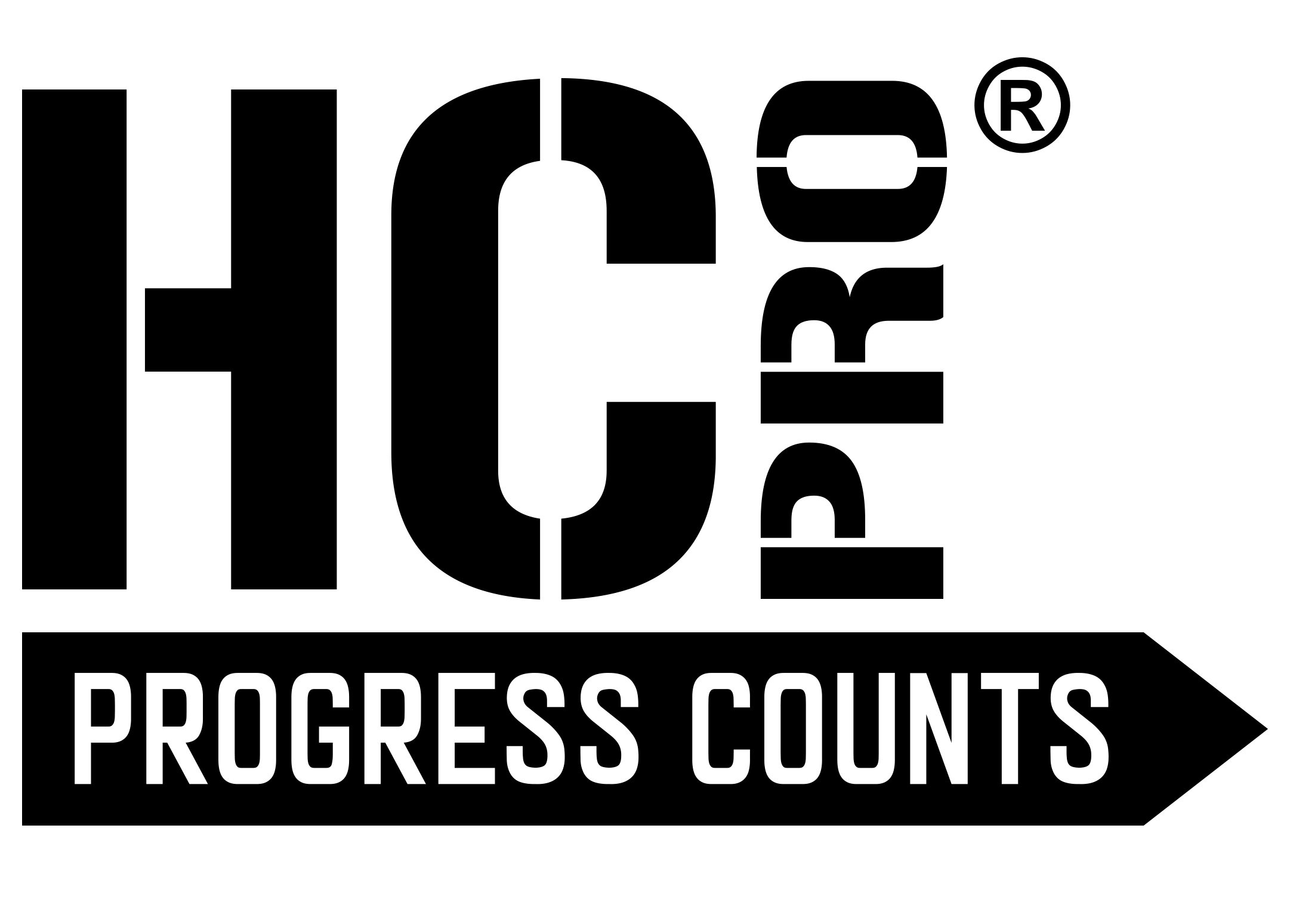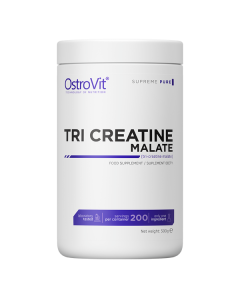Creatines
Creatine is an organic acid in the human body, that provides energy to all of the cells, most importantly to muscle. It also benefits protein synthesis, which is crucial for individuals wanting to build muscle and recover from difficult workouts. Although the ergogenic is found in animal foods in small amounts, a large part of it is destroyed when cooking the food. Because of many years of successful research on the subject, many athletes see creatine as a crucial supplement with almost no side effects. Studies have understood, that a loading window of 20-30grams of creatine a day for 5-7 days could benefit to muscle and strength gains. The most common way of supplementing creatine is up to 5grams a day for a long period of time. If using creatine, water intake should be increased. There are many different forms of creatine, for example monohydrate, creatine-ethyl ester and complex supplements, which can all be purchased from our supplement store listed below.















